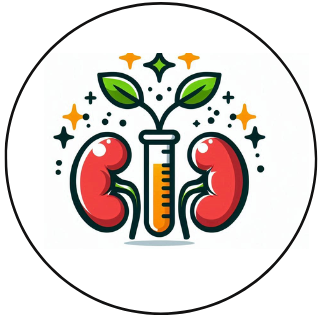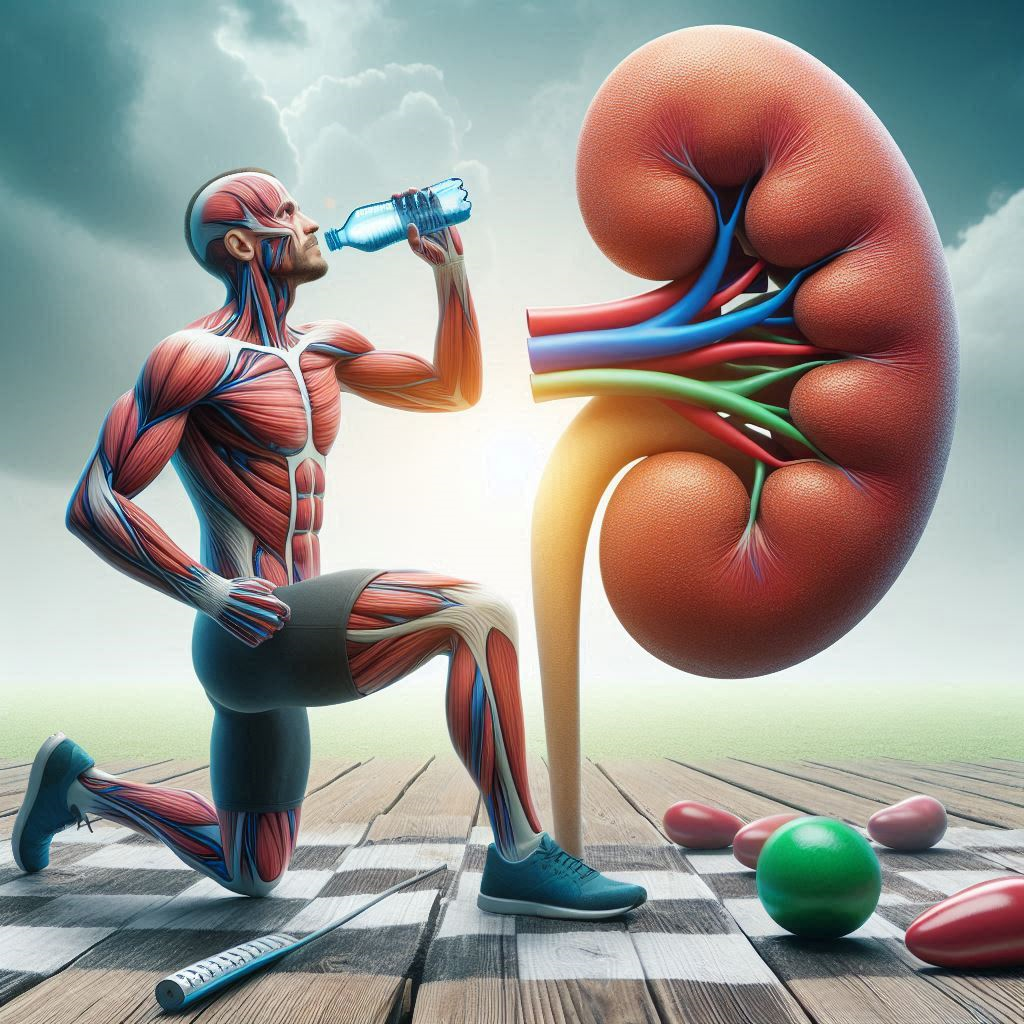Best Type of Water for Kidney Health
Hey there! Ever wondered how the water you drink affects your kidneys? The type of water you drink could have effects on the hydration and health of your kidneys. Let’s dive into it and figure out which types are best for keeping those kidneys happy and healthy.
1. Tap Water (City Water):
Effect on Kidneys: Tap water from city supplies is usually safe to drink because it’s regulated to meet health standards. It often contains helpful minerals like calcium and magnesium, which are good for your body. However, it might have chlorine for disinfection, which is generally okay in small amounts.
For most folks, city tap water is convenient and provides essential minerals that support kidney function. It’s reliable and doesn’t break the bank, making it a practical choice for daily hydration. However, if you don’t like the taste of your city water, you may want to try something else.
2. Filtered Water:
Effect on Kidneys: Filtered water goes through special processes to remove stuff like chlorine, lead, and other nasties while keeping those good minerals intact. This means less work for your kidneys to filter out harmful substances.
Filtered water is a top pick for kidney health because it’s clean and still has those essential minerals. It’s great for anyone concerned about water quality or wanting a refreshing, safe option. There are many options for filtering water. We will look at the options at another time.
3. Purified Water:
Effect on Kidneys: Purified water, whether through distillation or reverse osmosis (RO), is super clean—free from contaminants and minerals. That makes it pure and safe, but long-term use might mean you need to watch your mineral intake to stay balanced.
If you need absolutely pure water without any contaminants, purified water is your go-to. Just keep an eye on your mineral levels to make sure your body gets what it needs.
4. RO (Reverse Osmosis) Water:
Effect on Kidneys: RO water is like the superhero of clean water—it goes through intense filtration to remove almost everything, including minerals. While it’s great for reducing the risk of mineral buildup in your kidneys, you might need to add minerals back into your diet.
Ideal for folks in areas with iffy water quality or anyone with specific health concerns. Just remember to balance it out with minerals from food or supplements.
5. Ground Water:
Groundwater quality varies a lot based on where you live and what’s around your water source. It can have beneficial minerals like calcium and magnesium, but watch out for pollutants like arsenic or nitrates.
Testing your groundwater regularly ensures it’s safe to drink. It can be a good source of natural minerals, but be cautious about potential contaminants.
6. Soft Water:
Effect on Kidneys: Softened water has less calcium and magnesium, which might be good if you’re prone to kidney stones. But it often has more sodium from the softening process, which can be tricky for your kidneys if you have high blood pressure or kidney issues.
It’s a smart choice if you need to cut down on minerals that could lead to kidney stones. Just keep tabs on your sodium intake and make sure you drink enough water.
Conclusion
Choosing the best water for your kidneys boils down to understanding your water quality and what your body needs. My choice would be filtered water, because it strikes a good balance by cleaning out the bad stuff while keeping the good minerals. Not all filters are work at the same level of filtration effectiveness. We’ll take a look at different filtering systems later.
Staying hydrated with clean, quality water and eating a balanced diet supports kidney health in the long run. Whether you prefer tap water, filtered water, or another type, keeping your kidneys in mind ensures you’re making a healthy choice when watering your kidneys

